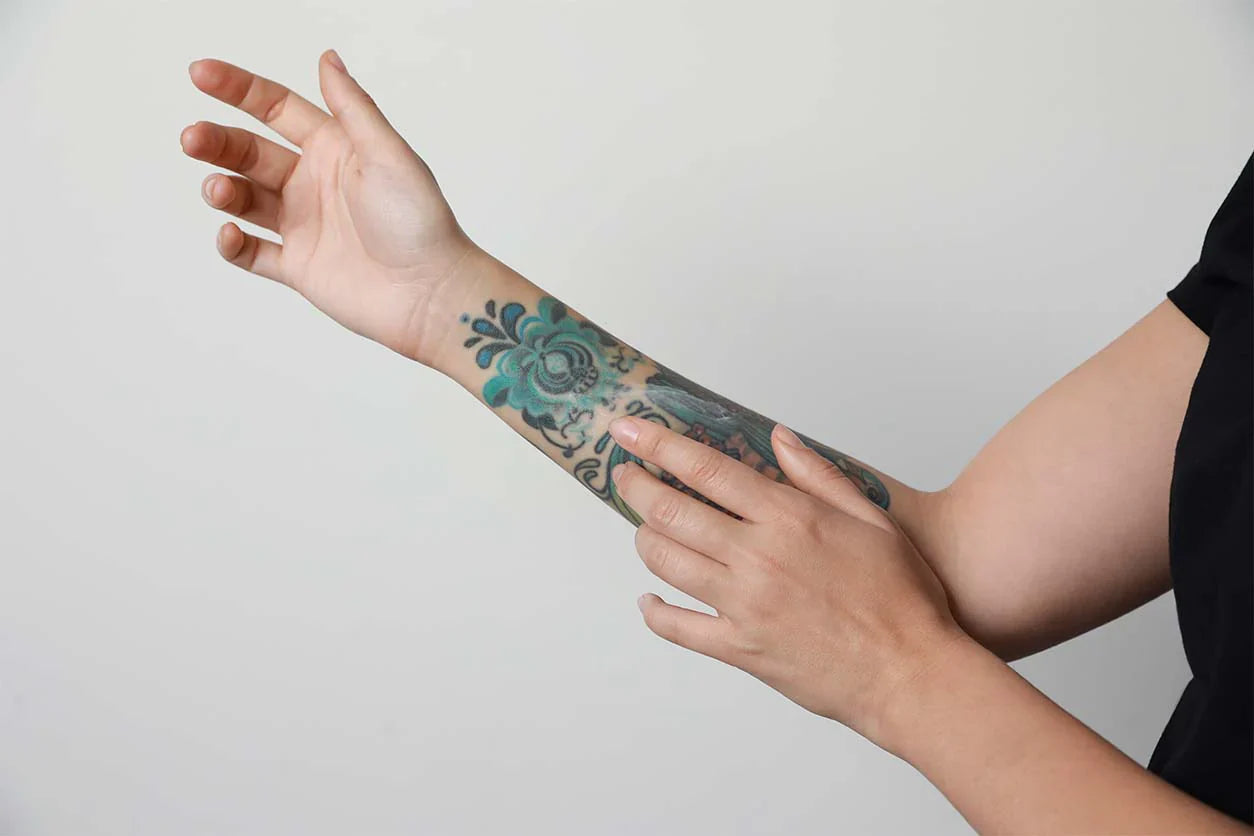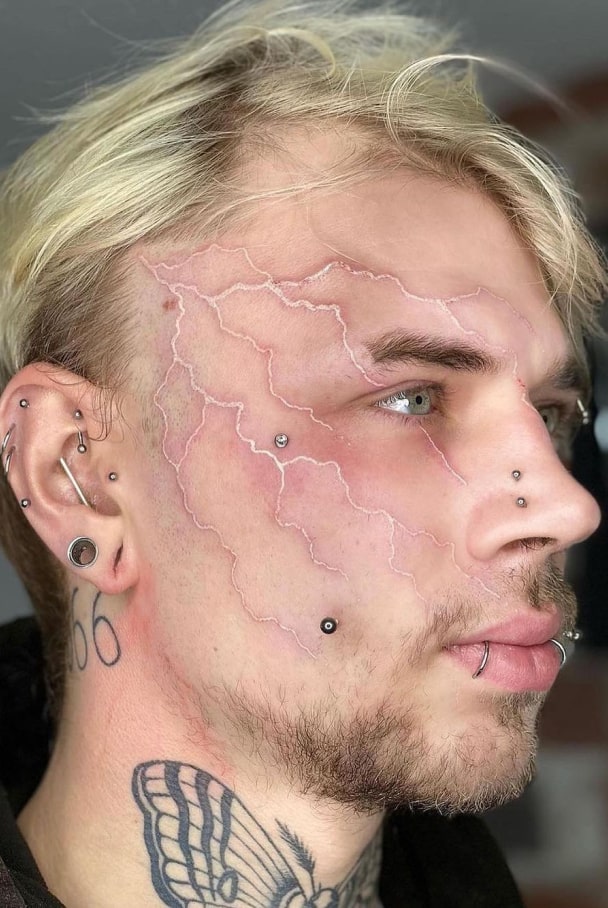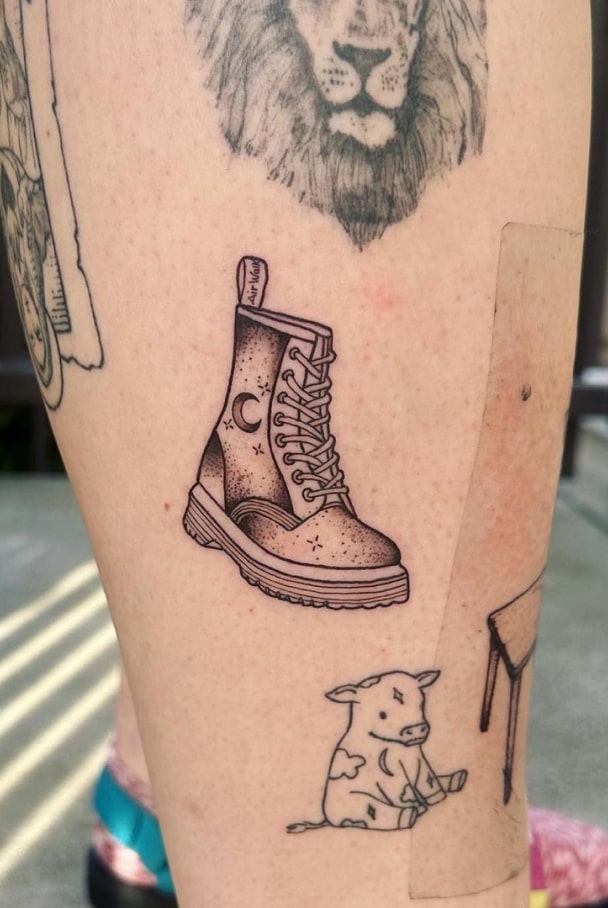Tattoos have always been a form of self-expression, but in recent years, more and more people are turning to ink to speak about something deeper: mental health. From subtle semicolons to powerful quotes and symbols of survival, mental health tattoos have become a growing trend that’s as personal as it is powerful.
In this guide, we’ll explore the meaning behind mental health tattoos, why people choose them, popular designs, and what you should know before getting one.
Why People Get Mental Health Tattoos
Mental health tattoos aren’t about decoration, they’re about declaration. For many, it’s a way to reclaim their story, mark a moment of strength, or start a conversation.
Here are a few reasons why people choose mental health-related ink:
-
To commemorate a personal struggle or breakthrough
-
To honor a loved one’s mental health journey
-
To spread awareness and reduce stigma
-
As a daily reminder to keep going
-
To create connection with others facing similar challenges
Whether it’s anxiety, depression, PTSD, bipolar disorder, or general emotional wellness, mental health tattoos carry deep meaning, and even deeper resilience.
Popular Mental Health Tattoo Symbols (And What They Mean)
Looking for ideas? Here are some of the most popular mental health tattoos and the meanings behind them:
1. Semicolon ( ; )
One of the most well-known mental health tattoo symbols, the semicolon represents a pause — not an end. It’s a message of continuation and hope, popularized by Project Semicolon, a movement dedicated to suicide prevention and mental health awareness.
2. Butterfly
A symbol of transformation and rebirth. Many people who have overcome mental health struggles get butterfly tattoos to mark their personal growth.
3. Lotus Flower
The lotus rises through the mud to bloom beautifully: a metaphor for rising through dark times. It’s a powerful symbol of strength, resilience, and clarity.
4. Anchor
While anchors are often seen as nautical, they’ve also become a symbol of stability: a grounding force for those dealing with anxiety or emotional turbulence.
5. Heartbeat / EKG Line
These tattoos represent life and its fragile beauty. Some pair them with inspirational words like “breathe,” “stay,” or “alive.”
6. Serotonin Molecule
This minimalist design is popular among those navigating depression and anxiety: a nod to the brain chemistry behind mental health.
7. Phrase Tattoos
Quotes like “This too shall pass,” “Still I rise,” “Be here now,” or even single words like “Enough,” “Survivor,” or “Strength” carry huge emotional weight and act as daily affirmations.
Mental Health Tattoo Ideas for First-Timers
If this is your first tattoo, here are a few things to consider:
-
Go small, go subtle: A minimalist design behind the ear, on the wrist, or ribcage is great for meaningful tattoos that feel personal.
-
Choose healing over hiding: Get a design that feels empowering to you. It doesn’t have to make sense to anyone else.
-
Think long-term: Ask yourself if the design will still resonate in 5 or 10 years. Timeless meanings = timeless tattoos.
-
Use numbing cream if you're anxious: If pain is a barrier or a trigger, numbing cream can make the process less overwhelming and more empowering.
Tattoos as a Form of Mental Health Expression
Tattoos are therapeutic for many people. They provide a sense of control, artistic expression, and can even be part of a healing ritual. Here’s how they support mental well-being:
-
They create permanence in a chaotic world
-
They turn invisible battles into visible strength
-
They help some people process trauma
-
They open conversations and reduce shame
For some, the process itself, choosing the design, sitting through the session, seeing it heal, is a metaphor for emotional recovery.
Things to Consider Before Getting a Mental Health Tattoo
A few important notes before you book your appointment:
-
Do it for you: Avoid getting a tattoo to please someone else or to follow a trend.
-
Research your artist: Find someone who’s trauma-informed, respectful, and open to sensitive themes.
-
Avoid impulsive ink: Even though the meaning is deep, give yourself time to reflect before making it permanent.
-
Plan your aftercare: Healing your tattoo properly is a form of self-care. Invest in quality aftercare products (balm, moisturiser, SPF, etc.) and avoid picking or scratching.
And remember: it’s okay to use numbing cream, your pain threshold doesn’t define your strength.
Can Tattoos Help with Mental Health?
While tattoos aren’t a substitute for therapy or medical care, many people report that they:
-
Feel empowered after getting a meaningful tattoo
-
Experience emotional release or closure
-
Use the tattoo as a daily coping mechanism
-
Feel less alone when others recognize or relate to their design
In some cases, tattoos have helped individuals reconnect with their bodies after trauma or self-harm. For example, some cover old scars with new art, turning a source of shame into a symbol of pride.
Final Thoughts: Your Ink, Your Story
A mental health tattoo isn’t just ink, it’s a message. A reminder. A promise to keep going.
Whether it’s a semicolon on your wrist, a quote on your ribs, or a serotonin molecule behind your ear, these tattoos are part of a larger movement to destigmatize mental health and celebrate human strength.
So if you’re considering getting one, know this: you’re not alone. And your story matters.








